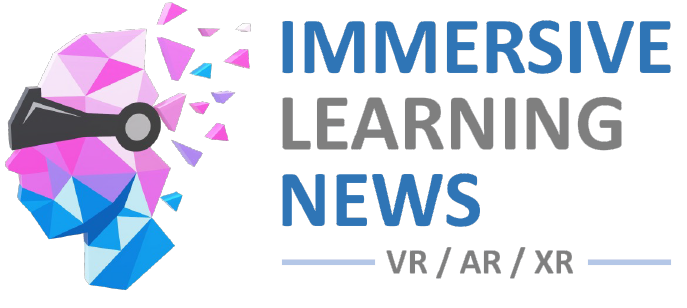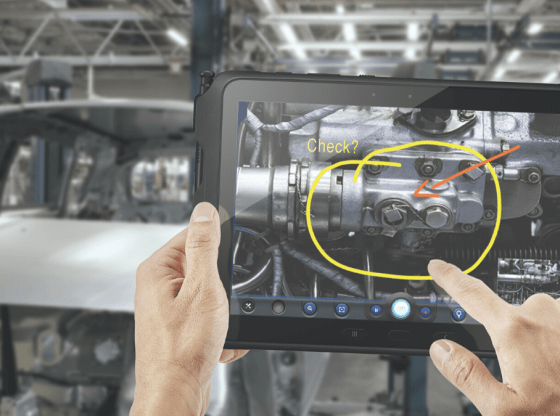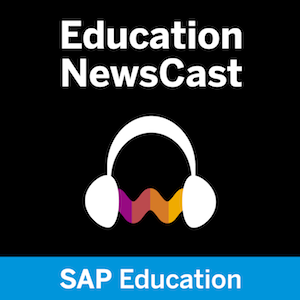Virtual reality (VR) technology has been steadily gaining momentum in recent years, and its potential applications are vast. One area where VR has the potential to make a significant impact is in the field of education. As educators continually seek new and innovative ways to engage students and enhance learning experiences, virtual reality offers a new frontier for learning that could revolutionize the way we teach and learn.
The concept of virtual reality in education is not entirely new. For years, researchers and educators have been exploring the potential benefits of using VR technology in the classroom. However, it is only recently that the technology has become more accessible and affordable, allowing for more widespread adoption in educational settings. With the advent of affordable VR headsets and powerful smartphones, virtual reality is now within reach for many schools and institutions.
One of the primary benefits of using virtual reality in education is its ability to immerse students in a learning environment that is both engaging and interactive. By placing students in a virtual world, they can experience and interact with the subject matter in a way that is not possible through traditional teaching methods. This immersive experience can lead to increased engagement, improved retention of information, and a deeper understanding of complex concepts.
For example, imagine a history lesson where students can virtually travel back in time to witness historical events firsthand, or a science class where students can explore the inner workings of a cell from a microscopic perspective. These types of experiences can not only make learning more enjoyable for students but can also help them develop a stronger connection to the material being taught.
Another advantage of virtual reality in education is its ability to cater to different learning styles. Traditional teaching methods often rely heavily on auditory and visual learning, which may not be effective for all students. Virtual reality, on the other hand, can provide a more multisensory learning experience, allowing students to learn through a combination of visual, auditory, and kinesthetic means. This can be particularly beneficial for students with learning disabilities or those who struggle with traditional teaching methods.
In addition to its potential benefits for students, virtual reality can also provide valuable tools for educators. Teachers can use VR technology to create customized learning experiences tailored to the needs of their students. For instance, educators can design virtual field trips to locations that may be too costly or logistically challenging to visit in person. This can help to level the playing field for students who may not have the same opportunities to travel and experience new places as their peers.
Despite the potential benefits of virtual reality in education, there are also challenges to consider. One of the primary concerns is the cost of implementing VR technology in schools. While the price of VR headsets and equipment has decreased in recent years, it can still be a significant investment for schools with limited budgets. Additionally, there may be concerns about the potential for motion sickness or other side effects associated with the use of VR technology.
Moreover, as with any new technology, there is a learning curve for both educators and students in adapting to virtual reality. Teachers will need to develop new skills and strategies for incorporating VR into their lesson plans, while students will need to become comfortable with navigating and interacting within virtual environments.
In conclusion, virtual reality presents a new frontier for learning with the potential to revolutionize education. By offering immersive, interactive, and multisensory learning experiences, VR technology can engage students in ways that traditional teaching methods cannot. As the technology continues to advance and become more accessible, it is likely that we will see an increasing number of schools and institutions embracing virtual reality as a valuable tool for teaching and learning.
Quelle:




